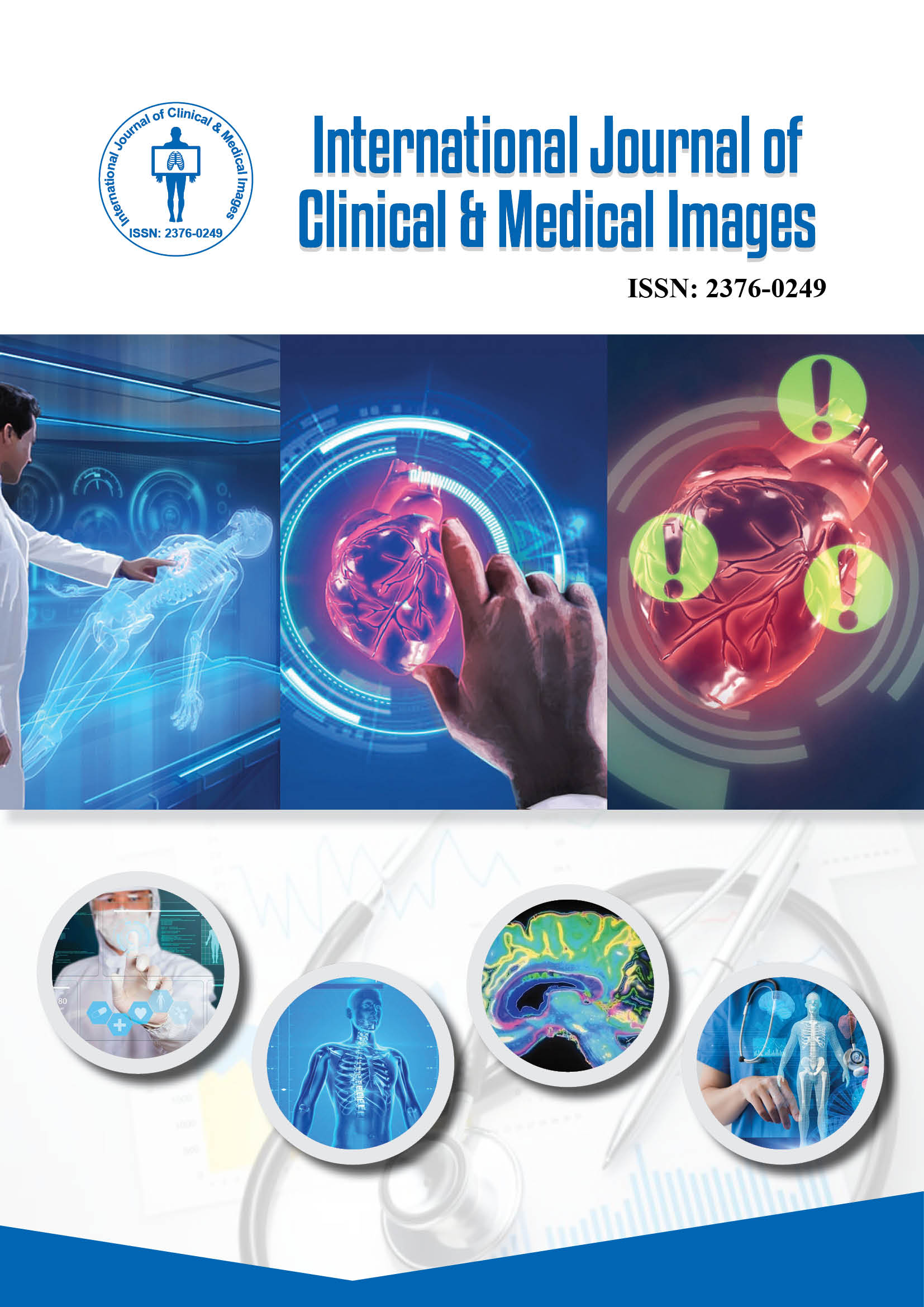2376-0249
Clinical-Medical Image - International Journal of Clinical & Medical Images (2024) Volume 11, Issue 9
Author(s): Moustafa Ibrahim*
Department of Molecular Biology and Genomics, University of Milan, Milano, Italy
Received: 01 September, 2024, Manuscript No. ijcmi-24-152880; Editor assigned: 03 September, 2024, Pre QC No. P-152880; Reviewed: 17 September, 2024, QC No. Q-152880; Revised: 23 September, 2024, Manuscript No. R-152880; Published: 30 September, 2024, DOI: 10.4172/ 2376-0249.1000978
Citation: Ibrahim M. (2024) Transforming Cancer Treatment: The Impact of Molecular Imaging Therapy on Precision Medicine. Int J Clin Med Imaging 11: 978.
Copyright: © 2024 Ibrahim M. This is an open-access article distributed under the terms of the Creative Commons Attribution License, which permits unrestricted use, distribution and reproduction in any medium, provided the original author and source are credited.
Molecular imaging therapy is transforming cancer treatment by enhancing the precision of diagnosis and therapy through advanced imaging techniques that visualize biological processes at the cellular and molecular levels. This approach allows for the identification of specific tumor characteristics and behaviors, enabling clinicians to tailor treatments to the individual needs of each patient. By utilizing targeted imaging agents that bind to specific cancer biomarkers, molecular imaging provides real-time insights into tumor activity, helping to assess the effectiveness of therapies and monitor disease progression. Recent advancements in imaging technologies, such as Positron Emission Tomography (PET) and Single-Photon Emission Computed Tomography (SPECT), have improved the accuracy and resolution of images, allowing for earlier detection of tumors and more precise localization. These tools are instrumental in guiding therapeutic decisions, as they help identify which patients are most likely to benefit from specific treatments, thereby optimizing resource use and minimizing unnecessary side effects.
The integration of molecular imaging with genomic and proteomic data further enhances the potential for precision medicine. By correlating imaging findings with genetic profiles, clinicians can develop more personalized treatment strategies that address the unique biological characteristics of each tumor. This multifaceted approach is leading to the development of novel therapeutic agents and combinations, improving patient outcomes. As research continues to evolve, the future of molecular imaging therapy in oncology appears promising, with the potential for even greater innovations in early diagnosis, treatment monitoring, and personalized therapy. Ultimately, the impact of molecular imaging on precision medicine signifies a major advancement in the fight against cancer, offering hope for more effective and individualized treatment options [1,2].
Molecular imaging therapy; Tumor; Cancer biomarkers
None.
None.
[1]Dhoundiyal S, Srivastava S, Kumar S, Singh G and Ashique S, et al. (2024). Radiopharmaceuticals: Navigating the frontier of precision medicine and therapeutic innovation.Eur J Med Res 29(1): 26.
Google Scholar, Crossref, Indexed at
[2]Gadade D D, Jha H, Kumar C and Khan F. (2024). Unlocking the power of precision medicine: Exploring the role of biomarkers in cancer management.Futur J Pharm Sci 10(1): 5.
 Awards Nomination
Awards Nomination

